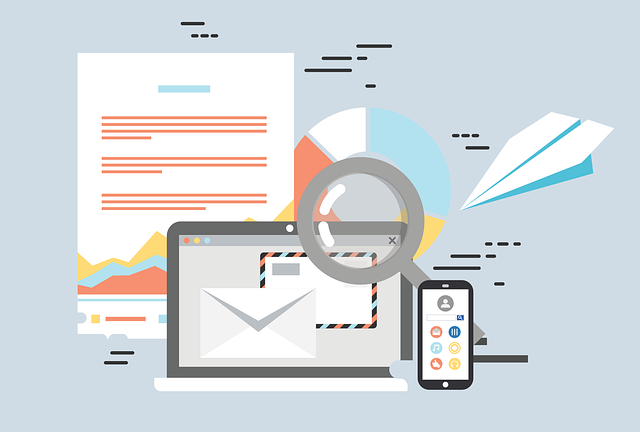Integrating AI consulting into vehicle repair workflows is transforming the automotive service industry by streamlining operations, boosting efficiency, and enhancing customer satisfaction. AI technologies leverage machine learning and natural language processing to predict issues, offer proactive solutions, automate routine tasks, and support informed decision-making. This results in reduced diagnostic times, minimized errors, and improved focus on complex repairs, ensuring car repair shops remain competitive while maintaining high-quality service standards. Best practices include seamless integration, robust data security, staff training, and regular model updates based on real-world feedback.
In today’s digital era, AI optimization is transforming traditional vehicle repair workflows. This article delves into the strategic integration of artificial intelligence in the automotive industry, focusing on how AI consulting can revolutionize car repair shops. We explore key strategies to streamline processes, enhance efficiency, and improve overall shop performance. By understanding AI’s potential, adopting best practices, and leveraging expert consulting, car repair businesses can stay competitive and meet evolving customer demands.
- Understanding AI Integration in Vehicle Repair
- Key Strategies for Optimizing Repair Workflows with AI
- Benefits and Implementation Best Practices for Car Repair Shops
Understanding AI Integration in Vehicle Repair

Integrating Artificial Intelligence (AI) into vehicle repair workflows is transforming the traditional automotive service industry. AI consulting firms are playing a pivotal role in helping car repair shops leverage machine learning and natural language processing to streamline operations, enhance efficiency, and improve customer satisfaction. By analyzing vast amounts of data from vehicles’ electronic systems, sensor data, and historical maintenance records, AI algorithms can identify patterns, predict potential issues, and provide proactive solutions.
This advanced technology enables mechanics to make more informed decisions, reduces the time spent on diagnostic processes, and minimizes costly mistakes. AI-driven tools can also automate routine tasks, allowing technicians to focus on complex repairs and specialized services. With the right AI consulting for car repair shops, businesses can stay competitive in a rapidly evolving market, ensuring they offer modern solutions while maintaining high-quality service standards.
Key Strategies for Optimizing Repair Workflows with AI

In the realm of vehicle repair, optimizing workflows is a game-changer. Artificial Intelligence (AI) is revolutionizing this sector by offering innovative solutions and strategies that streamline operations and enhance efficiency. One of the key benefits of AI consulting for car repair shops is its ability to automate repetitive tasks, allowing technicians to focus on more complex repairs. By leveraging machine learning algorithms, AI systems can analyze vast amounts of data, including historical repair records and parts inventory, to predict common issues and suggest tailored solutions.
AI-powered tools enable efficient parts procurement by identifying the most suitable replacement parts based on vehicle models and known issues. Furthermore, natural language processing (NLP) enhances communication between staff members and AI systems, ensuring accurate information exchange. This integration of advanced technologies not only accelerates repair processes but also reduces human errors, ultimately leading to happier customers and thriving car repair shops.
Benefits and Implementation Best Practices for Car Repair Shops

AI optimization offers significant advantages for car repair shops, revolutionizing traditional workflows and enhancing overall efficiency. By implementing AI-driven strategies, these workshops can streamline processes like parts identification, inventory management, and diagnostic analysis. For instance, AI algorithms can swiftly scan vast databases to recommend precise replacement parts, reducing human error and saving valuable time.
When adopting AI consulting for car repair shops, best practices include integrating AI systems with existing infrastructure seamlessly, ensuring data security and privacy, and providing comprehensive training to staff. Regular updates and adjustments to AI models based on real-world feedback are crucial for maintaining accuracy and adaptability. This continuous improvement approach guarantees that the AI system remains an effective asset in optimizing vehicle repair operations.
Integrating AI into vehicle repair workflows offers significant advantages, including increased efficiency, reduced costs, and improved accuracy. By leveraging AI consulting services tailored for car repair shops, businesses can optimize their operations, enhance customer satisfaction, and stay competitive in the evolving automotive industry. With strategic implementation and best practices, AI has the potential to revolutionize car repair, making it a game-changer for modern workshops.
